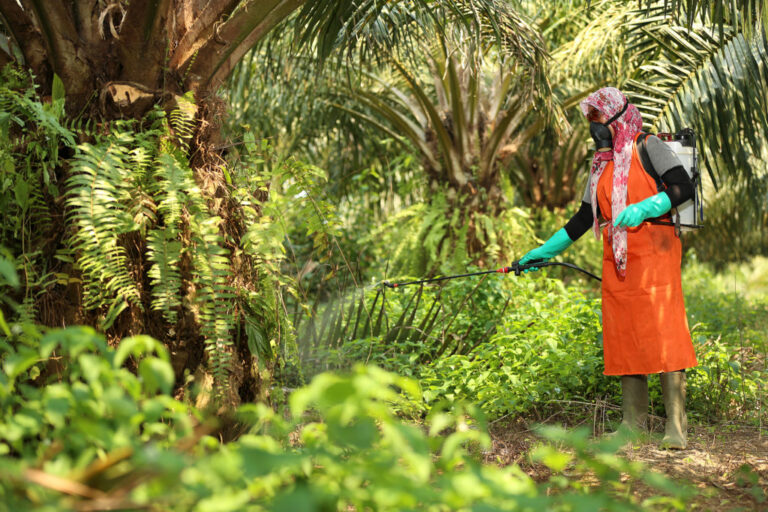
As the world marks this year’s International Day of Rural Women, the Coalition of Agricultural Workers International (CAWI) reiterates our call on governments and policymakers to give due attention to and act on the plight of women agri workers. This call is especially urgent amid the COVID-19 pandemic that continues to ravage the lives and livelihoods of the most vulnerable and marginalized social sectors, including rural women. This demand is also pressing given the increased necessity of transforming the world’s food systems amid the worsening hunger, health, environmental, economic, and climate crises.
Women have been bearing the brunt of these raging manifold crises and their long-lasting socioeconomic impacts. According to the UN Women, for example, 20% of women across 45 countries worldwide lost their jobs during the pandemic. Overall, women’s employment fell by 4.2% between 2019 and 2020, compared to 3.0% for men. Informal workers, who have a high incidence in agriculture, faced a sharp drop in income during the pandemic. Women casual workers lost a more significant portion of their pre-pandemic earnings than men. The UN Women reported that by the second half of 2020, the incomes of informal women workers are just 50% of their pre-pandemic earnings compared to 65% for men.
This trend has further deepened the structural inequalities arising from gender injustice and discrimination that have oppressed women for a long time. Agricultural wages, for instance, have been depressed in general, which does not allow workers in the sector to afford a decent living. However, this is felt more intensely by women given the longstanding and even before the pandemic already widening wage gap between men and women agricultural workers. To illustrate, in Indonesia, the average gender pay gap among casual agri workers stood at 23.6% in favor of men in 2011-2019; the gap widened from 18.9% in 2011.
The gender gap is felt not just in terms of agricultural workers’ wages but in the overall access to productive resources and opportunities in agriculture, including land, livestock, labor, education, extension, finance, and technology. This oppressive gender gap must be closed if we genuinely want to transform our food systems. Studies show that addressing such disparity could raise farm yields by as high as 30%, increase agricultural output in developing countries by 4%, and decrease the number of hungry people worldwide by 17 percent.
Indeed, rural women, including agricultural workers and small food producers, are the most hungry for deep-rooted changes in our food systems as they stand to benefit most from such transformation. About 85% of food systems experts surveyed by the International Fund for Agricultural Development (IFAD) believe that raising agricultural productivity will benefit women more than men; 84% think that women will also gain more from rural poverty reduction.
Unfortunately, rural women and women, in general, continue to be marginalized even in the policy interventions by governments to address the immediate impacts of the pandemic. In some parts of the world, as high as 60% of employed women work in agriculture, mainly as informal workers who do not enjoy any form of social protection. Yet, out of the 219 countries that implemented social protection measures, only 95 have taken steps to strengthen women’s economic security, based on data from UN Women. This data implies a further exclusion of rural women and women agricultural workers from enjoying such fundamental rights as productive forces in societies.
The perpetuation of this awful situation is unacceptable. CAWI strongly stands in solidarity with the struggle of rural women worldwide to end this continuing injustice, oppression, and marginalization and truly transform our food systems and achieve a just and genuinely sustainable development for all. ###